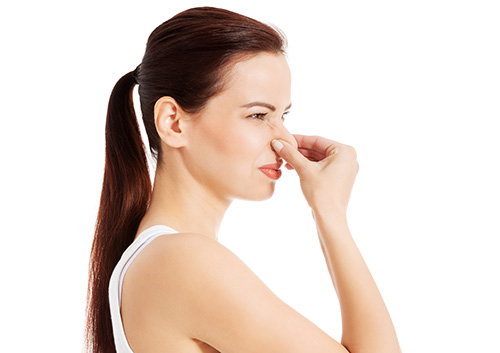Breaking Bad Oral Habits
June 15th, 2017

The effects of bad oral habits are something our team sees all too often. You might have bad oral habits that stem from childhood, possibly because your parents did not know about proper oral care or force you to follow it. Or, your bad habits could develop gradually, like slacking on your frequency of brushing.
Bad oral habits can lead to tooth decay, gum disease, and consequences such as losing teeth and experiencing bad pain. They may be deeply ingrained and easy to continue, but you can break them with a little effort. Focus on developing good habits to replace your current ones, and eating a diet that is healthy for your teeth.
Replace Bad Habits with Good
Breaking your bad oral habits may not be as difficult as you expect when you focus instead on developing good habits. These new good habits can naturally replace your bad habits.
- Brush your teeth after each meal or at least twice a day.
- Visit a dentist every six months for an exam and a professional cleaning.
- Floss your teeth every day.
These good habits may not seem natural, so you can take steps to make sure you follow these behaviors. For example, make a daily checklist with your scheduled sessions of brushing and flossing your teeth and using mouthwash. You can also set a timer to be sure you brush your teeth for the full recommended two minutes.
Eat Properly
Poor eating habits can be detrimental to your teeth. A common mistake is to let food, especially carbohydrates such as starch and sugar, stay on your teeth for a long time. You can stop doing this by rinsing your mouth with water after each meal or snack. Also, avoid candy and soft drinks between meals, since the sugar sits on your teeth.
A healthy diet provides the nutrients you need to maintain strong teeth. The mineral calcium is key for healthy teeth, so try to get your three daily servings of high-calcium foods, such as low-fat milk or yogurt, canned fish, or fortified soy or almond milk. Also include vegetables and fruits, which have a high water content.
If you need more tips about breaking your bad oral health habits, contact our Clearwater office and speak with Dr. Mark Obman or a member of our team.









